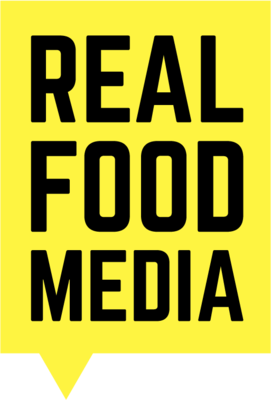Seeds, Stories & Solidarity (Fall 2025) - Magazine - Page 39

Sarasvati Shrestha, Sweden
Youth delegate from Sweden with
roots in Nepal
Farming in Sweden has been quite an isolated thing…
Right now I’m in a position where I don’t own any land.
The place I’ve worked with to build up a farm for the last
two years [is] an organization and a school. From the
beginning it’s a struggle. After two years of delivering lots
of vegetables, they still don’t really know how to do it. They
want to have organic and super locally grown food, but it’s
really hard to engage people there. So that’s my situation
now. I still have my heart in farming, but I’m looking into
alternatives of how I can continue. One thing I know for
sure is I don’t want to do it alone.
I would love to have a [farm] with integrated ages and
all kinds of diversities you could think of. The closest I’ve
gotten has been to work in an allotment area in the suburbs
of Stockholm where there’s just immigrants farming—super
warm and community feeling. Like you go over to have
a snack at one neighbor, and there’s also the diversity
of seeds that everyone brings from their countries. [My]
dream would be a similar place, but more diverse and with
queer feminism in the center.
Women and queer people have always existed and have
been doing a lot of work that hasn’t been visible. I think
we have to change our relationship to production. That’s
the main thing. And women and queer people carry the
knowledge around how this can be done… Farming is
connecting us, but also singing and dancing. Art has been
my way of surviving in the world before I started farming.
For me that’s an integral part. The way we see farming from
a Western point of view has been really separated [from]
other cultural expressions. So for me, that’s a driving force.
LISTEN ON SOUNDCLOUD
39